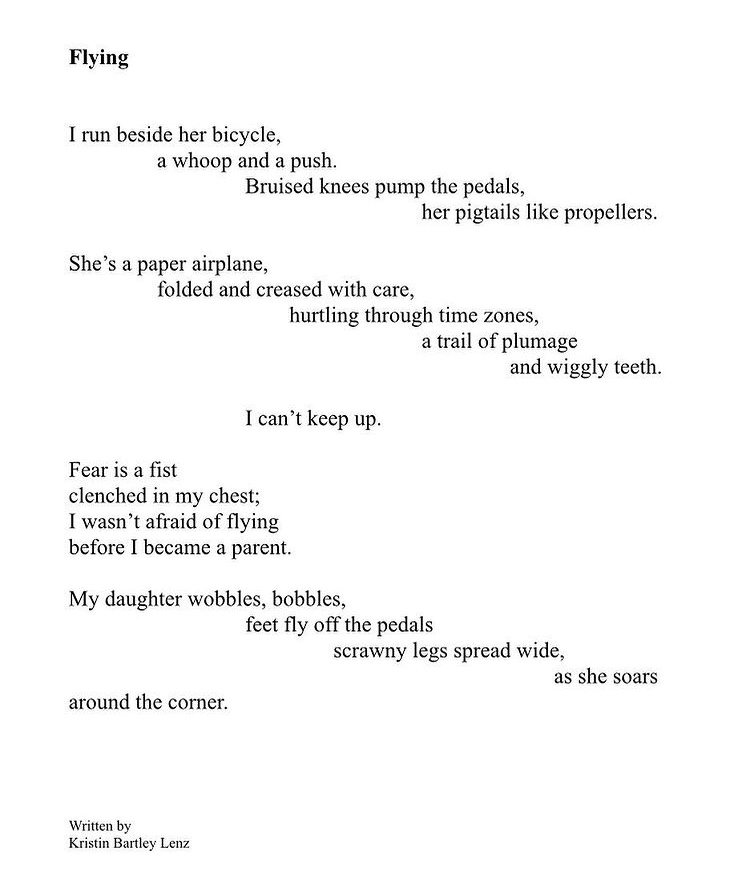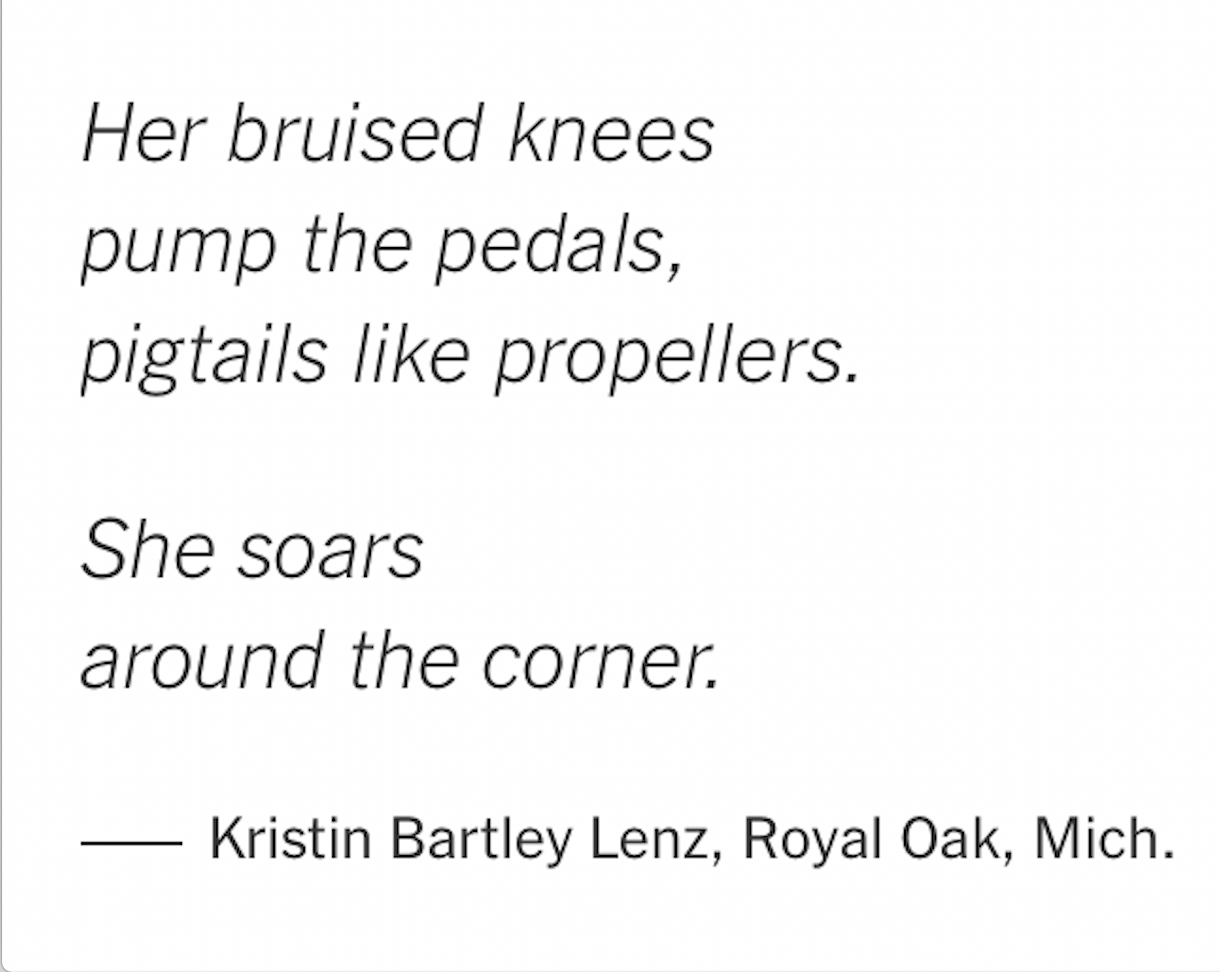 One, and done should not be the case for many poems. Why waste such a wealthy resource as a poem by only publishing it once in its entirety, or reprinting it whole? The truth is, like any good non-fiction writer who mines their research and articles for possible other perspectives on the material—poets can do the same. If you’ve got a longer poem, is it possible to pull out bits and pieces of it for a micro-poem? Can you reword a portion of it for a slightly different take on the subject? Or do a blackout poem using your original as the basis?
One, and done should not be the case for many poems. Why waste such a wealthy resource as a poem by only publishing it once in its entirety, or reprinting it whole? The truth is, like any good non-fiction writer who mines their research and articles for possible other perspectives on the material—poets can do the same. If you’ve got a longer poem, is it possible to pull out bits and pieces of it for a micro-poem? Can you reword a portion of it for a slightly different take on the subject? Or do a blackout poem using your original as the basis?
Mining the old for the new
I wrote a poem called “The Canoeist.” It was first published in the Southern Poetry Review (2020). Here it is as it appeared in the poetry journal:
The Canoeist
He travels the river—
raising only a ripple fore and aft.
His paddle perfects silver spirals
upon the surface. The only sound
the plink and plonk of water
as he dips into stillness.
He passes homes,
manicured lawns, boat docks.
He hears children. People wave,
or stare from their deck chairs.
A heron rises from the reeds.
Now, fewer watch his passing.
He will not return.
They know well what is downstream
where the current stalls,
where cattails, water lilies,
spatterdock encroach, and roots catch.
Of an evening, some will walk
to the water’s edge and listen
for the distant plying of his paddle,
or the subtle wash of his passage
across the surface of the night.
They will breathe in the river damp,
knowing he is out there
where the dark wild closes in.
And here is a senryu (a type of haiku) I pulled from it, adding only two new words:
reeds, treefall, roots
the dark wild is up-river
he will not return
A successful example
Kristin Lenz, a Michigan author, met a challenge head-on with one of her poems and came out with a great conclusion. Here is her beautiful poem in its entirety:

Kristin decided to enter New York Times short poem contest. Initially, when she read the instructions, she thought the poems were limited to fifteen lines. So, she worked on reordering her poem. But when she went to submit it, she saw that it was actually limited to fifteen words!
This time she sorted through her already fairly short poem for the “meat” of it. She looked at three things she’d learned from poetry mentor Heather Meloche:
- the subject of the poem
- the main metaphor
- the epiphany/turn.
Her subject was her daughter learning to ride her bicycle. The main metaphor was learning to ride safely equals learning to navigate through life. The turn was letting her go, out of sight.
Here is the short poem she submitted and had accepted by The New York Times (Yay, Kristin!):

While I absolutely adore the whole poem she’d written earlier, the short snippet also works as a wonderful micro-poem.
Mining older full-length poems is also a way to get unstuck—to get that poetry making mojo working again if you’re staring at a blank page/screen. Try it and see what happens. You just might end up a winner, as did my friend Kristin.
NOTE: The Kristin Bartley Lenz poems are reprinted here with permission.

Hope
Good article that has some excellent advice—as always!
Marie Pinschmidt
I loved this and shared it on Twitter.
Best wishes.
Shutta Crum
Thank you! Do share our FWA postings.